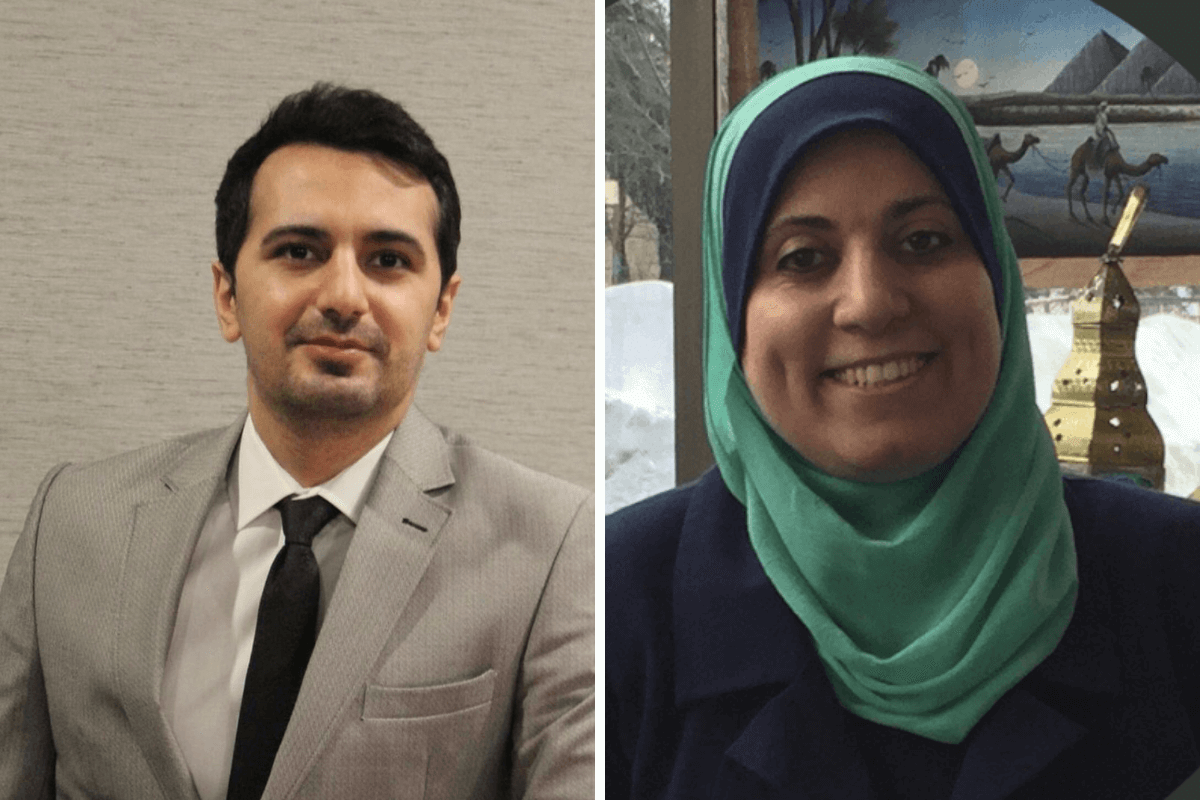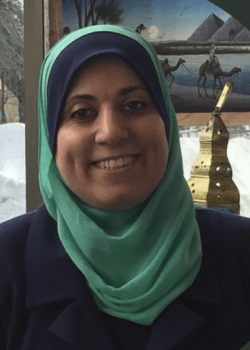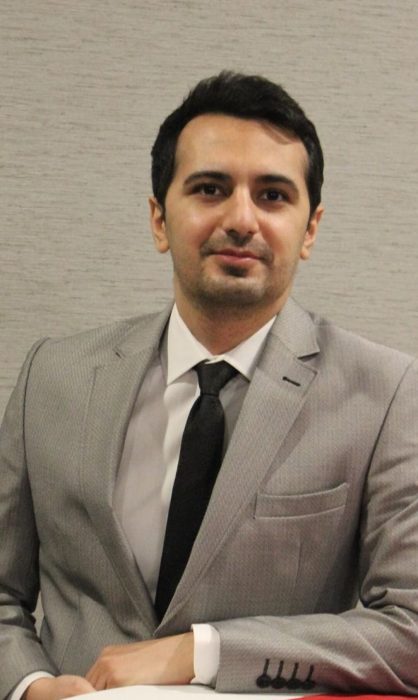
Insights from PhD Students: Language, Identity and Mental Health
This year, our graduates have conducted some exciting research, offering insights into Manitoba’s educational field. Three PhD students presented their research focused on mental health issues and language in multicultural contexts.

Rawia Azzahrawi, PhD Student
Rawia Azzahrawi
Thesis: Translanguaging and Language Maintenance Among Arab Students: Immigrants and Refugees
This research study analyzes how participants develop positions and translanguaging identities, examining the distribution of rights, duties, and obligations through conversations and narratives. It delves into how Arab students utilize their linguistic abilities to acquire knowledge, enhance comprehension, and cultivate global identities. Through the use of English, Arabic, and translanguaging in various contexts among immigrant and refugee students, Rawia uncovers both similarities and differences influenced by their diverse experiences, cultural backgrounds, and social environments. It highlights the challenges these students face in communicating in their non-dominant language. Immigrant and refugee students acknowledge the value of bilingualism.

Ahmad Zirak Ghazani, PhD Student
Ahmad Zirak Ghazani
Thesis: “Mommy, Can We Speak English? Because It’s Embarrassing”: Exploring Identity Construction in Plurilingual Iranian-Canadian Children
This study looks at how kids who are first-generation Iranian-Canadians in Canada develop their identities when it comes to speaking different languages, and how they shape their plurilingual identities across various socio-cultural and educational settings. Using interviews, visual representations, and artifacts, Ahmad’s research explores three key themes: parents’ access to resources and capital, the significance of heritage language and identity, and the role of families and communities in language development support. Research findings reveal family language practices and emotional ties to their heritage are pivotal in fostering and preserving heritage language and identity. This study helps us understand how minors form plurilingual identities and and emphasizes the importance of comprehending social contexts and implementing effective language and socialization strategies to address these challenges.
Cara Colorado
Thesis: Policy Coordination to Support Manitoban Students with Mental Health and Substance Misuse
This dissertation looks at how policies can better support youth with Mental Health and Substance Use Disorders (MHSUD) in Manitoba’s public schools. Research findings reveal a lack of coordination in Manitoba from groups like schools, healthcare, and social services, resulting in inequity and barriers to care. Comparisons with British Columbia highlight models of higher-level coordination and coordinating actors. Despite efforts toward restorative responses, research highlights a lack of treatment and support options for youth with MHSUD. Comparisons with British Columbia highlight models of higher-level coordination and coordinating actors.






